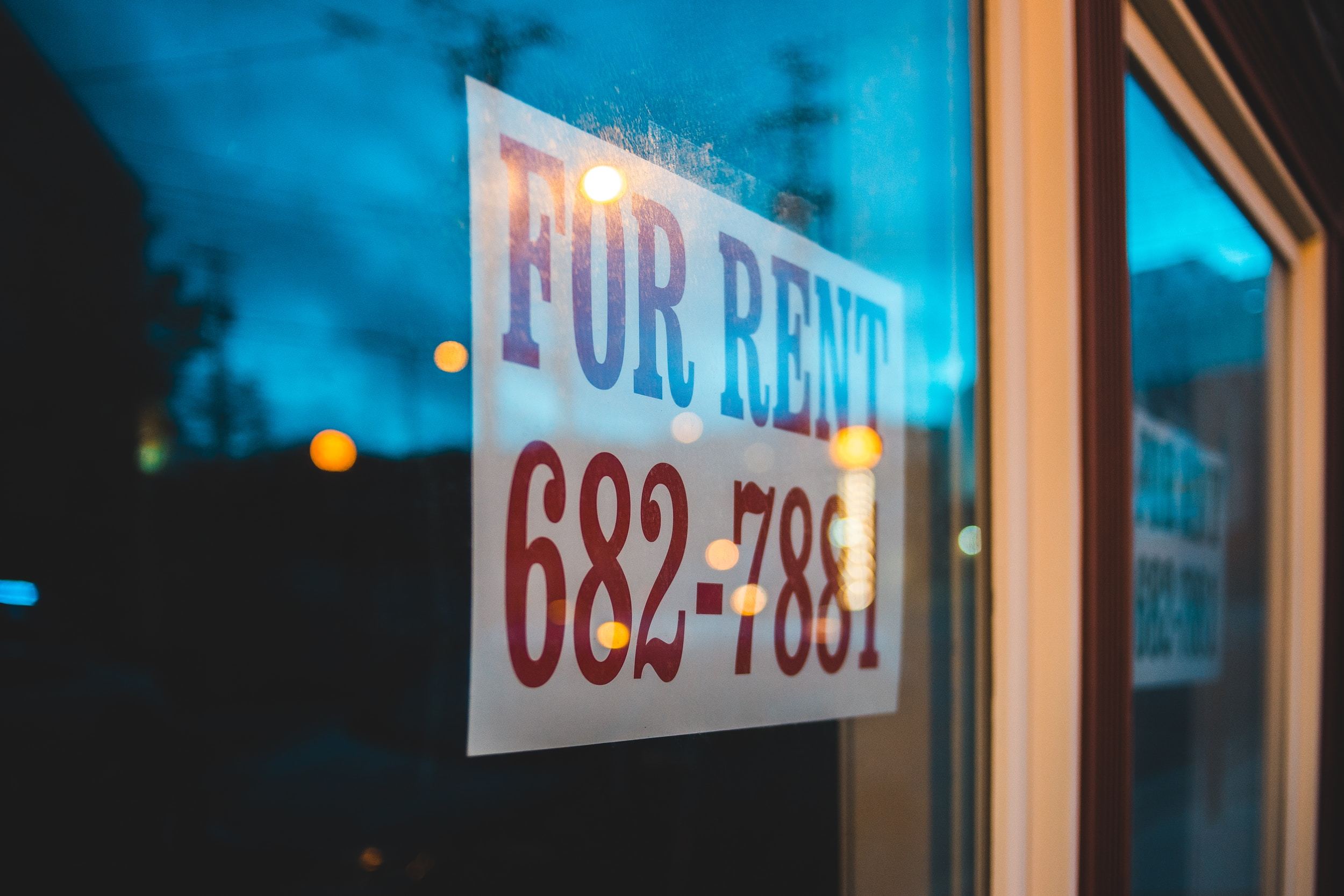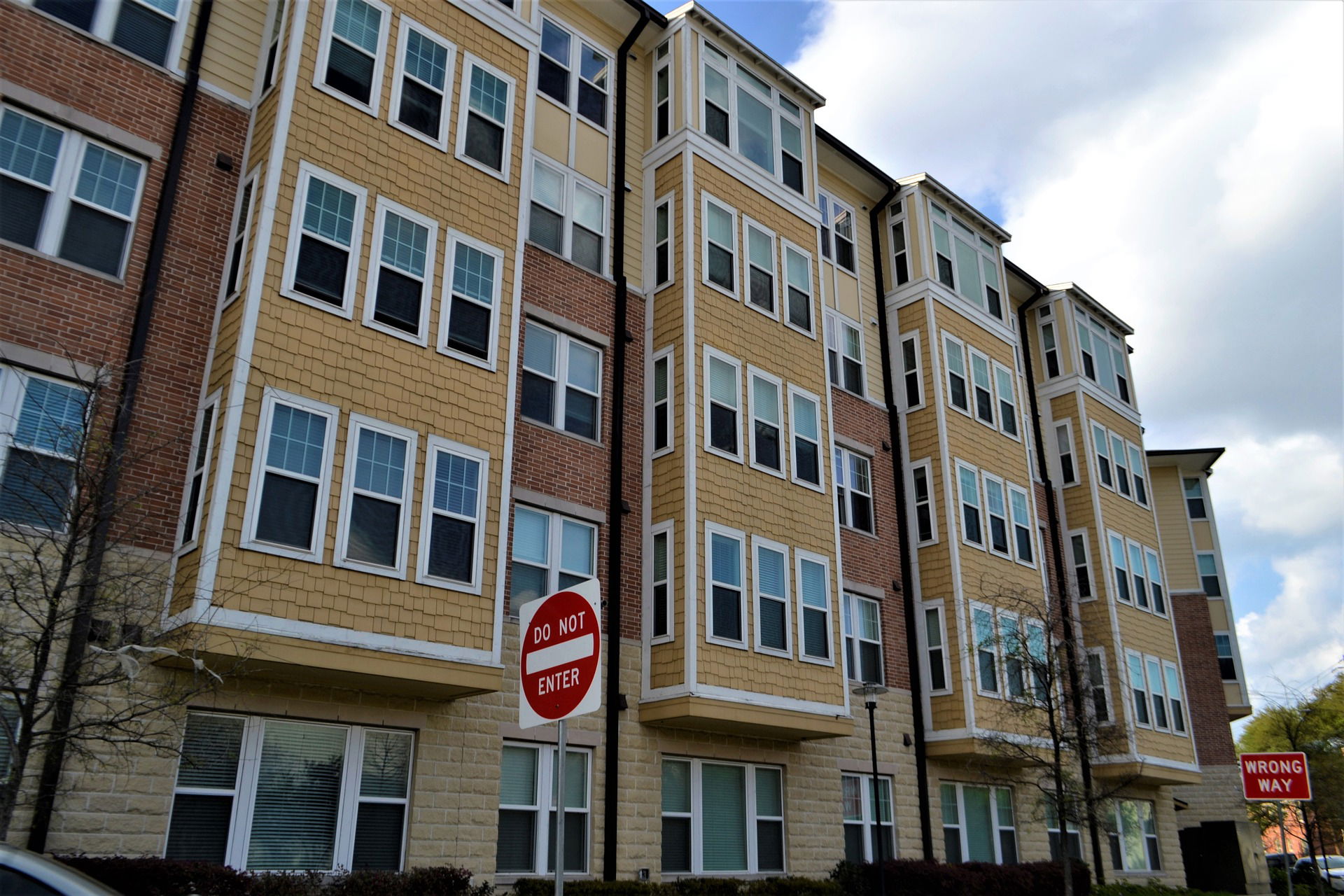Rental Property Management: Tips for Success and Maximizing ROI
Investing in rental properties can be a lucrative venture, providing a steady stream of income and the potential for long-term appreciation. However, successful rental property management requires careful planning, effective strategies, and a commitment to providing excellent service to tenants. In this comprehensive guide, we will explore essential tips for success in rental property management and how to maximize your return on investment (ROI).

1. Choose the Right Property
Selecting the right property is the foundation of successful rental property management. Consider these factors when making your choice:
- Location: Choose a location with strong rental demand, access to amenities, and a low crime rate.
- Property Type: Decide between single-family homes, multi-unit buildings, or commercial properties, depending on your investment goals.
- Condition: Assess the property's condition and potential maintenance or renovation needs.
2. Set Competitive Rent Rates
Pricing your rental property appropriately is essential for attracting and retaining tenants. Research the local market to determine competitive rental rates. Be open to adjusting rents based on market fluctuations and property improvements.
3. Screen Tenants Thoroughly
Screening tenants is crucial to mitigate the risk of late payments, property damage, or eviction. Implement a rigorous screening process that includes:
- Credit checks: Assess tenants' credit history and their ability to manage finances responsibly.
- Background checks: Look into tenants' criminal history and rental history.
- Income verification: Ensure tenants have a stable income to meet rent obligations.
4. Maintain Regular Property Inspections
Regular property inspections help identify maintenance issues early and ensure that tenants are adhering to the terms of their lease. Schedule inspections at appropriate intervals and address any concerns promptly.
5. Provide Excellent Customer Service
Excellent customer service is essential for tenant retention and positive reviews. Be responsive to tenant inquiries and maintenance requests. Address concerns promptly to create a positive living experience.
6. Implement a Solid Lease Agreement
A well-crafted lease agreement is your legal protection. Ensure it covers essential aspects such as rent, security deposits, lease duration, and maintenance responsibilities. Consult with legal experts or property management software to create a comprehensive lease.
7. Automate Rent Collection
Efficient rent collection is critical for consistent cash flow. Consider automating rent collection through online payment platforms, making it convenient for tenants while reducing late payments.
8. Budget for Maintenance and Repairs
Set aside a portion of your rental income for ongoing maintenance and unexpected repairs. Having a financial buffer helps you handle issues promptly without affecting your cash flow.
9. Stay Compliant with Laws and Regulations
Real estate laws and regulations vary by location. Familiarize yourself with local landlord-tenant laws, fair housing regulations, and safety codes. Staying compliant is crucial to avoid legal issues.
10. Consider Property Management Software
Property management software can streamline tasks such as rent collection, maintenance tracking, and tenant communication. It can save time and enhance efficiency in managing multiple properties.
11. Regularly Review Rent Rates
Periodically review your rental rates to ensure they remain competitive with the market. Consider rent increases to keep pace with rising costs and market demand, but be mindful of not pricing out good tenants.
12. Build a Reliable Network of Contractors
Establish relationships with reliable contractors, plumbers, electricians, and other service providers. Having a network of trusted professionals can help you address maintenance issues promptly and cost-effectively.

13. Invest in Property Upgrades
Strategically invest in property upgrades and improvements that can increase its appeal to tenants and its overall value. This may include landscaping, energy-efficient appliances, or modernizing interiors.
14. Market Vacant Properties Effectively
When a property becomes vacant, market it effectively to minimize vacancy periods. Use professional photographs, create compelling listings, and consider incentives for new tenants, such as move-in specials.
15. Plan for Exit Strategies
Plan for exit strategies, such as selling the property or refinancing, to optimize your ROI in the long run. Consider consulting with a financial advisor or real estate expert for guidance on maximizing returns.
Sources:
- Investopedia - Top 10 Features of a Profitable Rental Property
- The Balance - How to Set the Perfect Rent Price for Your Rental Properties
- Rentec Direct - Tenant Screening Process
- The Balance - How to Keep Tenants Happy and Protect Your Investment
- Nolo - Leases and Rental Agreements FAQ
- Forbes - Property Management: Which Option Is Best for You?
- American Apartment Owners Association - Top Tips for Renting Out Your Property
- Rentec Direct - 8 Steps to Automate Your Rental Property Business
- NOLO - Tenant Rights, Laws, and Protections: Washington